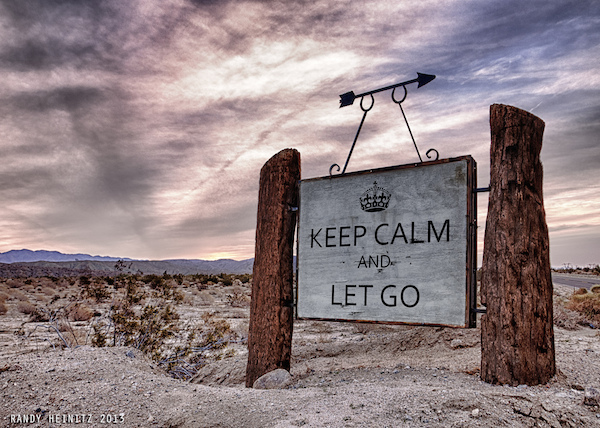Have you discovered that you’ve become stuck in an abusive relationship? Have you started to notice that you seem drawn to partners who mistreat you even though you keep telling yourself that it will “never happen again?” Is there something that makes you choose these relationships? Let’s take a closer look...
We hold on to abusive relationships to stay attached with our past…
Sometimes, we attach ourselves to an abusive relationship as a way of trauma bonding (loyalty to a person who is destructive). When we’ve endured abusive treatment in our childhood, it can be the only way we know how to receive love. So, there can be some comfort in staying attached to the abusive loved object. Later in life, abusive treatment keeps you stuck in feeling loved, because that might be the only familiar way you received love. So, you repeat the pattern of accepting abuse in exchange for getting love. As distorted as it sounds, holding on to an abusive relationship can feel like you’re being loved and can feel comforting.
On a different level, this can be a way of acting out an unconscious yearning to reunite with the abusive or a rejecting parent. A way of repeating or opening up your past wounds through mistreatment and abandonment. There are certain ways of coping/surviving an abusive home as a child and one is called “splitting.” In order to preserve the image of “the good parent,” the child “splits” off any bad feelings towards them, by internalising the bad as existing within them instead of in the parent. Instead of seeing the parent as mistreating them, they end up feeling bad about themselves (feeling worthless, unwanted, and unlovable). With the hope of feeling loved, the child maintains a fantasy of the positive image of the parent, by shutting out the bad memories towards the parent (splitting). These bad feelings stay repressed and end up forming the distorted way in which we see ourselves and our loved ones. Secondly, a person can attempt to “hold on” to the parent who mistreated them, by seeking abusive or unavailable partners, in order to remain attached to the parent. This pattern of searching for unmet love can be destructive to an person and can be difficult to recognize as happening without a trained professional to assist in growing a person’s awareness and insight. Let’s face it, at face value, this process can seem somewhat far-fetched, but it is a very real pattern of behavior. It’s just another fascinating way in which our mind protects us from very horrible experiences. The renewed splitting in our adult relationships occurs when we are triggered or reminded of our past feelings and physical sensations as they reoccur in our present relationships.
Those that have grown up in abusive homes and use splitting as a coping mechanism have a distorted perception of their relationship (either idealised or devalued). In a very “all or nothing” manner, they feel either “all good” or “all bad” about themselves and their partners. They struggle to see the good and bad aspects of a person at the same time. This leads to a very familiar rollercoaster of emotions by swinging from despair to euphoria based on the behavior of their partners.
Why you cannot let go of bad relationships…
Splitting is another reason why individuals stay stuck in bad relationships. In splitting, when people feel bad about themselves, they’ re ignoring all the good qualities about themselves; leading to a belief that they are not “good enough” in relationships. When an individual sees all the good traits in a partner, they are denying the unhealthy traits in the person. This can protect them from feelings of abandonment by only seeing the good aspects in a partner, ignoring the abusive aspects. A healthy relationship means you can see both the healthy and unhealthy aspects of a person.
Splitting can cause a person to hold on to a toxic relationship, because they acknowledge the positive image of the abuser (good), denying any mistreatment (bad), so they can satisfy their unmet needs to feel loved. As a therapist, my role is to help the person see the other part of the split, so they can make a clearer decision and see the whole picture moving from denial to action by bringing the ‘split’ back into one whole image. Often, splitting occurs in adult relationships, because the person is hoping a partner will get rid of the feelings of self-loathing or feelings of abandonment from past loved ones. Instead, they repeat the wound and re-live the pain, re-enacting the past, until these patterns are worked through in therapy.
You can see that our early attachment experiences in life have a great impact on the relationships we share as adults. Often, we don’t realize the patterns that exist in our current relationships, because they feel normal when they are similar to early abusive or dysfunctional periods in their lives.
If you think that you (or somebody you know) may benefit from learning more about the ways their abusive childhood keeps them stuck in abusive relationships as an adult, a trained professional can help. If you are in the Lancaster, Pa area, feel free to contact me at (717) 288-5064 / gregghammond@restoringbalancelancaster.com and schedule an appointment today.



